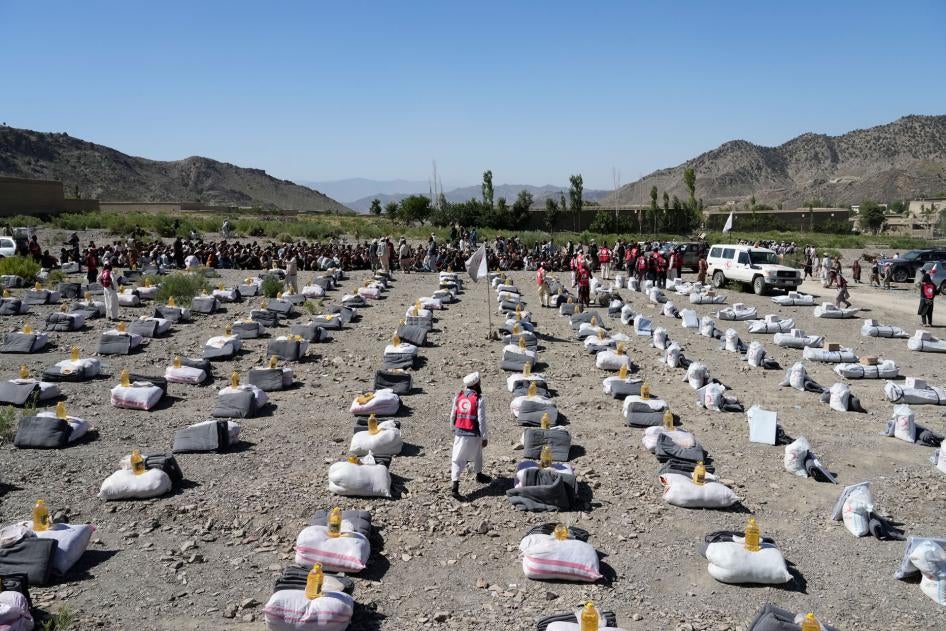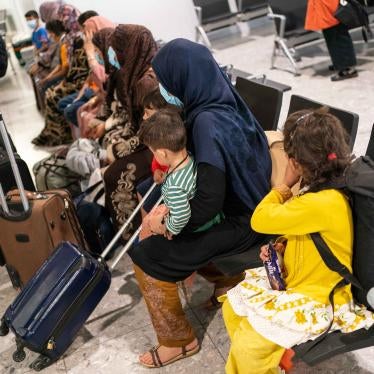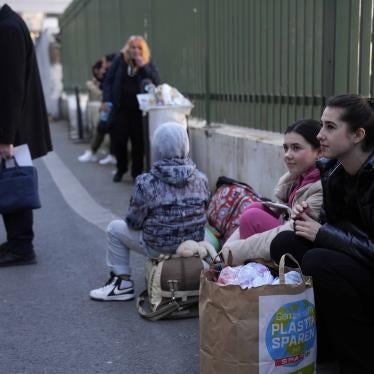People with disabilities remain overlooked following an earthquake that killed at least 1,000 people in eastern Afghanistan on June 22, creating an additional humanitarian catastrophe. Afghanistan is prone to earthquakes, with estimates of over 7,000 people killed in the past decade. With critical infrastructure such as water networks, schools, and health facilities destroyed, the United Nations Office for the Coordination of Humanitarian Affairs (OCHA) estimates that US$110 million is required to reach about 362,000 people in need. In this hard-to-reach region, food insecurity and malnutrition were already looming before the earthquake, but have now become a matter of even greater urgency.
People with disabilities often face barriers to accessing humanitarian support such as food, sanitation, and medical assistance, despite often being highlighted as an at-risk group. In Afghanistan, post-earthquake data on the needs of people with disabilities is lacking, and many have been left out of the delivery of aid.
An Afghan woman who cofounded an organization led by persons with disabilities, and who had to flee the country after the Taliban takeover in August 2021 told me, “I think people with disabilities have been left behind during the help and rescue programs because nobody tried to distinguish people with disabilities among all people harmed.” Following the earthquake, many survivors with disabilities, including those who acquired disabilities because of the earthquake, now need urgent medical support for injuries, access to rehabilitation services, and assistive devices. That same organization is trying to help, but given the many people in need, she said, efforts amount to “a raindrop for a thirsty person.”
Since the Taliban takeover, governments have been grappling with providing funding for humanitarian aid to Afghanistan given the authorities’ serious human rights violations, particularly against women and girls. Yet addressing humanitarian needs should be kept distinct from the politics of recognition and legitimacy of the Taliban. If not, people with disabilities and others at risk will bear the brunt of the crisis.
Humanitarian agencies responding to the earthquake should swiftly conduct assessments on the needs of people with disabilities to ensure humanitarian aid reaches everyone without discrimination and consult Afghan disability rights groups and experts on the most effective way to ensure people with disabilities are included in humanitarian interventions.










